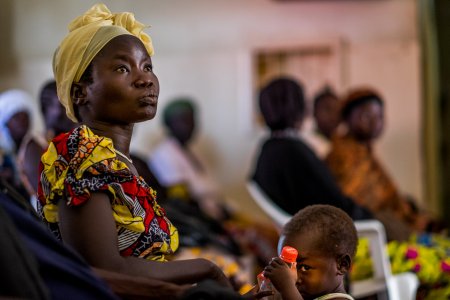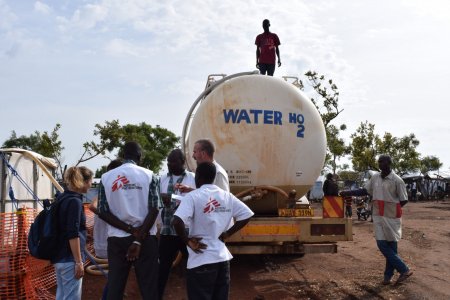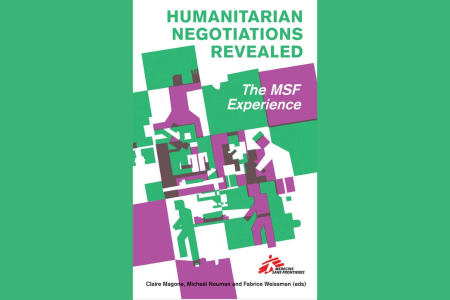 Book
Book
02/17/2012
Claire Magone
Michaël Neuman
Fabrice Weissman
From international NGOs to UN agencies, from donors to observers of humanitarianism, opinion is unanimous: in a context of the alleged ‘clash of civilisations’, our ‘humanitarian space’ is shrinking.
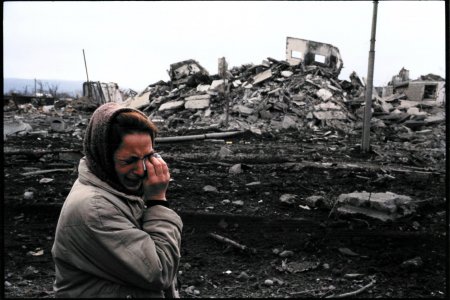 Eric Bouvet
Speaking Out Case Studies
Eric Bouvet
Speaking Out Case Studies
07/15/2010
Laurence Binet
The ‘War crimes and politics of terror in Chechnya 1994-2004’ case study describes the constraints, questions and dilemmas experienced by MSF while speaking out during the two Russian-Chechen wars and the following years of ‘normalization’.
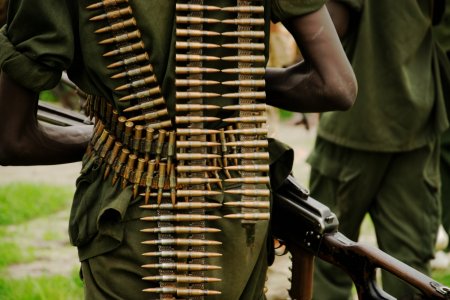 Nick Owen
Cahier
Nick Owen
Cahier
01/10/2010
Jean-Hervé Jézéquel
Camille Perreand
This study started out looking at the shift to a post-conflict situation in Katanga; the intention was to describe how MSF’s sections negotiated the transition from war to post-war.
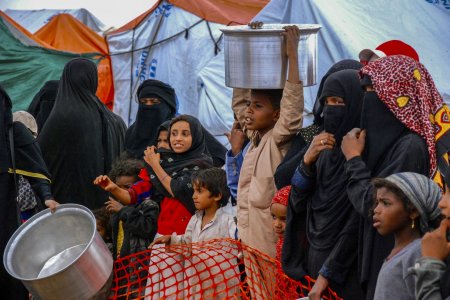 Francesco Segoni
Cahier
Francesco Segoni
Cahier
12/20/2009
Jean-Hervé Bradol
Jean-Hervé Jézéquel
Four years after the Nigerian crisis, many things have changed in the nutrition field. This Cahier du Crash aims at considering this evolution and explore new possibilities for action for MSF.
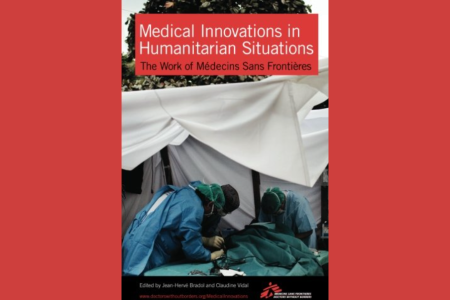 MSF-Crash
Book
MSF-Crash
Book
10/01/2011
Jean-Hervé Bradol
Claudine Vidal
Medical Innovations in Humanitarian Situations explores how the particular style of humanitarian action practiced by MSF has stayed in line with the standards in scientifically advanced countries while also leading to significant improvements in the medical care delivered to people in crisis.
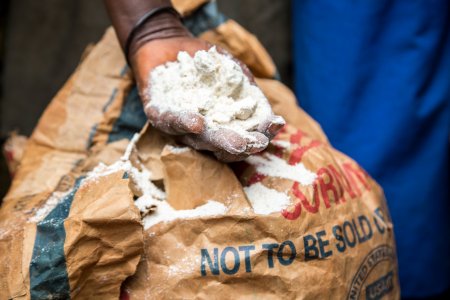 Louise Annaud
Cahier
Louise Annaud
Cahier
05/15/2008
François Enten
This study sheds light on the mechanisms producing the official data used by humanitarian aid decision makers. It views Early Warning Systems (EWS) as tools that facilitate consensus between the decision-makers involved in the allocation of food aid, enabling them to reach institutional agreements.
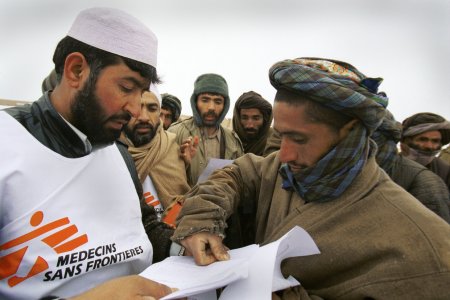 Tim Dirven
Cahier
Tim Dirven
Cahier
04/01/2008
Judith Soussan
To embark upon a study of this theme is to enter a field strewn with contradictory representations linked to a highly sensitive issue – the limits of our responsibility – that has generated endless disagreements and debates on our “identity” and the existence or nonexistence of a role for MSF “beyond care”.
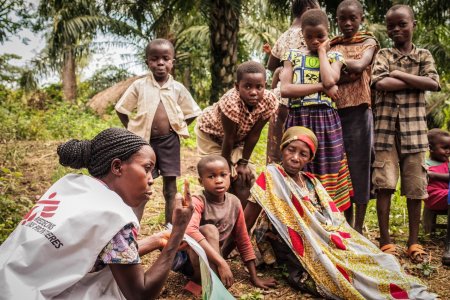 Gabrielle Klein
Cahier
Gabrielle Klein
Cahier
04/27/2007
Françoise Bouchet-Saulnier
Fabien Dubuet
The document analyses and describes the different initiatives, experiences and positions that MSF has had with regard to international investigations and judicial proceedings.
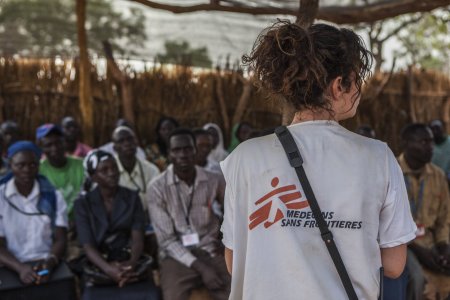 Yann Libessart
Cahier
Yann Libessart
Cahier
01/01/2007
Xavier Crombé
This Cahier du CRASH by Xavier Crombé combines a study of the experience and positions of MSF vis-à-vis occupation contexts since the 1980s, and the minutes of a talk organised by the 'Fondation MSF' in January 2006 on "Humanitarian action in situations of occupation".
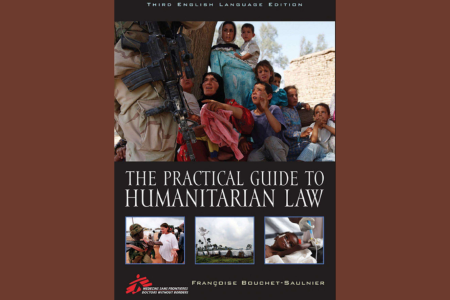 Book
Book
01/01/2006
Françoise Bouchet-Saulnier
Definitions are often the first step toward granting or denying a person's rights. Now in thoroughly revised and updated edition, the Guide provides precise meaning and content for terms such as terrorism, refugee, genocide, and intervention concepts.
 Book
Book

